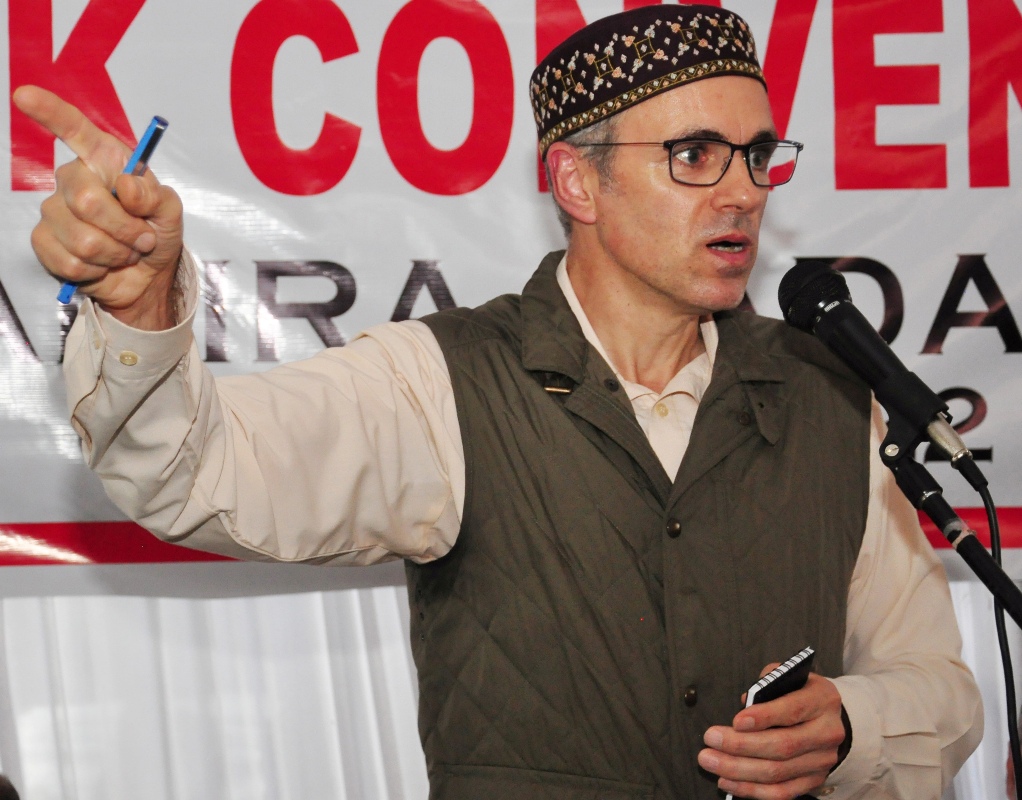Since Jammu and Kashmir is governed without an elected government for the past over four years, demand for early assembly elections and restoration of statehood is growing louder as the officialdom in the Union Territory (UT) has been accused of failing to meet people’s expectations.
Advertisement
The coalition government of the PDP and the BJP fell on 19 June 2018 when the latter withdrew support to Mehbooba Mufti. Thereafter, the President’s Rule remained in force till August 5, 2019 when Article 370 was scrapped and J&K split into two Union Territories headed by lieutenant governors.
The chorus for assembly elections has gained momentum after the publication of the final electoral list and reorganisation of assembly constituencies. Leaders of political parties, in their public meetings across the UT, are demanding an end to the bureaucratic rule.
Meanwhile, the BJP has also started talking of assembly elections as party leaders have at times faced embarrassing situations when questioned by the people about denial of basic amenities by the administration.
Ghulam Nabi Azad’s DAP, Altaf Bukhari’s Apni Party and Sajad Lone’s People’s Conference, which are generally identified in Kashmir as ‘B’ teams of the BJP, have also started speaking against bureaucratic rule and demanding assembly elections.
MP and National Conference chief Dr Farooq Abdullah recently toured various regions of Jammu division where, in his rallies, he attacked the “unresponsive” administration.
Omar Abdullah, former chief minister and vice-president of National Conference (NC), has held a series of public meetings in south Kashmir, an area once considered a hotbed of terrorism. Asking party activists to be prepared for elections, he said BJP cannot escape from elections forever. If not today or tomorrow, one day they have to hold elections in Jammu and Kashmir.
National Conference spokesman Tanvir Sadiq asked: “How long should the people of Jammu and Kashmir be deprived of a representative, responsive government?”
Ghulam Nabi Azad, who after quitting the Congress formed the Democratic Azad Party (DAP), while speaking in a rally said: “J&K is currently experiencing an economic and political crisis, and if we want to get the UT out of this mess, elections should be held in the coming six months when the weather improves.”
Apni Party Chief Altaf Bukhari said: “To elect their own representatives is a democratic right of the people, and they cannot be deprived of this right for so long without any plausible reason.” Why should the central government delay restoration of statehood till assembly elections are held? When the government is committed to restoring the statehood of J&K that was snatched on 5 August 2019, then what is the need to delay the process, he asked.
Bukhari said that the Lt Governor’s administration has completely failed to come up to the expectations of people and has led to the suffering of the general masses in J&K. He demanded restoration of statehood to J&K and holding of early assembly elections to end sufferings of the people amid growing economic crisis, unemployment and underdevelopment.
J&K Congress Chief Vikar Rasool Wani has said that the proxy rule of the BJP in Jammu and Kashmir has failed on all fronts especially in coming to the expectations of people and early elections is the only way out to improve the situation and solve people’s problems.
He said that a bureaucratic rule can’t be substituted for an elected government, since L-G administration is answerable to none except BJP and centre government.
Harshdev Singh, former minister and senior AAP leader, said that prolonged Central rule in the erstwhile state was negation of the guarantees enshrined in the Constitution of India.











